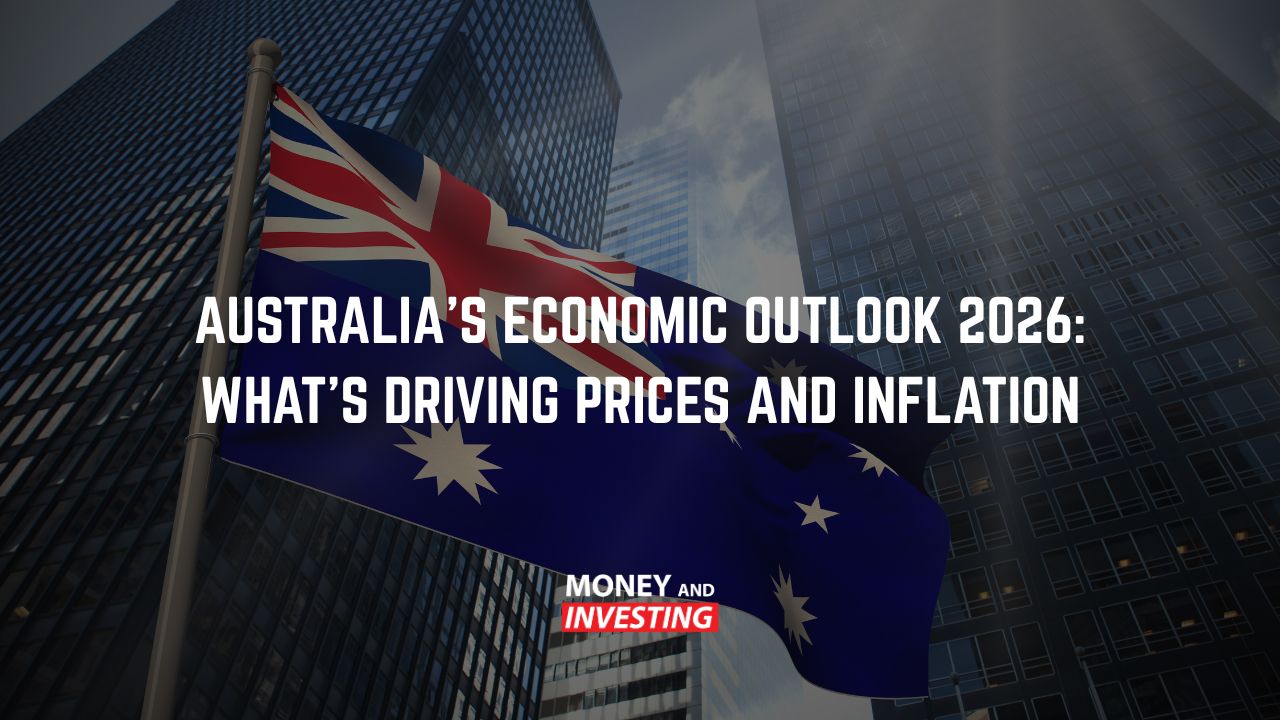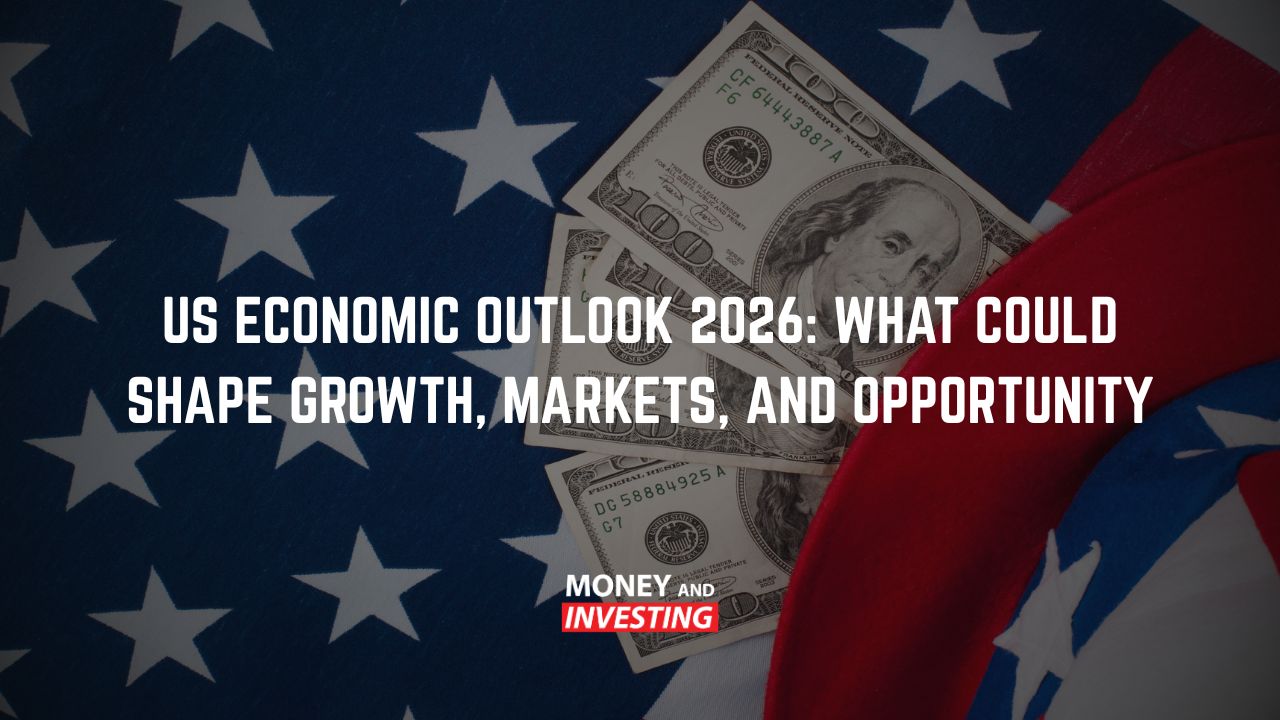As most traders focus purely on the technical mechanics of their investments, their emotions can often creep up on them – potentially causing them to make decisions that could either make them or break them.
Why the mechanics aren’t the only tool you need
The fact of the matter is, most people are purely evaluating the mechanics of their investment before they hit the go button – focusing on their technical, fundamental and quantitative analysis.
For traders, this is like operating a car – turning the lights on. And shifting the gears into drive and putting their foot on the accelerator. Seems pretty straight forward, right? But what about if you just had a MASSIVE argument with your partner. And you got in the car to drive home after an absolute BELLRINGER…how would you be driving?
In that state, you’d be swerving around, honking your horn. And probably driving way above the speed limit in pure anguish and frustration.
The thing is – the car didn’t operate any differently. But your emotions meant that YOU did. Trading is much the same and being aware of what’ going on psychologically is paramount to stacking the odds in favour.
The 5 biggest emotional trading mistakes
It is no surprise that traders make mistakes, obviously. However, the emotion mistakes that are made often go unnoticed and can carry on long into the future if they aren’t handled straight away. Here are host Andrew Baxter’s 5 biggest emotional trading shortfalls that most traders display:
- Letting your confidence overshoot your competence. Traders new in the game can often start off very strongly – often their heads get bigger than their account size.
- Thinking you have an intuition to markets that no one else has. Trading is a mechanical process, full stop. There are no sixth senses in investing so don’t make the mistake of thinking you’re Warren Buffet.
- Trying to be a generalist. Many make the easy mistake of trying to know everything about markets and everything about every stock. Instead, carve your niche and know everything you need to know about that niche – that’s how you’ll get paid.
- Not understanding how important risk management is. Thinking about managing your risk is all well and good, but unless you actually act on it – it won’t happen. Don’t caught up with the Endowment effect by falling in love with the shares that you own. Have your risk managed from the get-go by ensuring your stop loss is in play before you take the trade.
- You don’t have an exit strategy. Instead, host Andrew Baxter recommends having a helicopter view of your trades to ensure that you know where you are getting out through the use of profit takers. Never let your winners run because what goes up must always come down – get out and take the easy profit on the table.
How to avoid an emotional trading accident It’s easy to see that any of the above 5 shortfalls have the ability to cause a MAJOR trading accident. So, the question arises, how do you manage your psychology to ensure that you present the best version of yourself. And drive that car ever so smoothly? Host Andrew Baxterrecommends firstly tapping into a support network that can help you do this.
By leaning on experts who have done this millions of times, you can leverage off their control and cool. Secondly, Andrew recommends reading and upskilling yourself on these psychological concepts. Being able to recognise your emotional tendencies as you are making trading decisions in real time may save you.
Something like recording a voice memo of yourself as you talk about and take a trade is a really useful tool to help you better understand your thought process when the heat is on. That conversation that you had with yourself can be listened back to when the trade has been placed to evaluate your actions.
To no surprise, you’ll probably cringe at the sound of your own voice, but nonetheless you’ll come to realise those 5 emotion trading pitfalls are much more prominent in your trading than you think. Don’t fall into the same trap!



